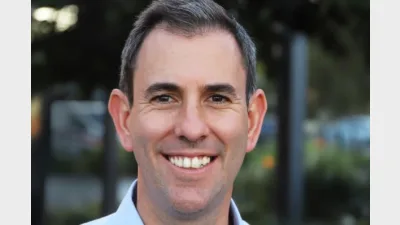Conflicts of interest concern in super
Leading actuarial firm Rice Walker has warned there is growing scope for conflicts of interest to occur in the superannuation industry, and has used its monthly newsletter to point to examples across master trusts, industry funds and corporates.
The newsletter argues that the superannuation industry is “riddled with conflicts of interest”, and that this has become inevitable because of the scarcity of genuine expertise and the move to bundled arrangements.
It said that a key conflict arose when trustees were related to major service suppliers that were profiting from a fund directly or indirectly.
“Our superannuation system places great reliance on trustees fulfilling their responsibilities to both safeguard the entitlements of members and to operate the fund in the interests of members,” the Rice Walker document said.
The newsletter said while the overwhelming majority of Australian superannuation fund trustees conducted themselves to high standards, it was reasonable and proper to ask questions, particularly where related party issues were at stake.
The Rice Walker newsletter said there were a number of ways in which the performance of trustees could be managed more openly and effectively so they could be held more accountable for what they do, including greater disclosure of fees paid to third parties, independent representatives on trustee boards and benchmarking.
Recommended for you
Following the roundtable, the Treasurer said the government plans to review the superannuation performance test, stressing that the review does not signal its abolition.
The Australian Prudential Regulation Authority (APRA) has placed superannuation front and centre in its 2025-26 corporate plan, signalling a period of intensified scrutiny over fund expenditure, governance and member outcomes.
Australian Retirement Trust (ART) has become a substantial shareholder in Tabcorp, taking a stake of just over 5 per cent in the gaming and wagering company.
AustralianSuper CEO Paul Schroder has said the fund will stay globally diversified but could tip more money into Australia if governments speed up decisions and provide clearer, long-term settings – warning any mandated local investment quota would be “a disaster”.











